Have you ever opened a long-forgotten bottle of lavender essential oil (ラベンダー精油 rabendā seiyu) and wondered if it’s still safe to use? Essential oils just like tea leaves, spices, or even the handcrafted Japanese matcha bowls (chawan 茶碗) that enhance your tea ritual require proper care to maintain their beauty and effectiveness.
Let’s explore why essential oils expire, how to tell when they’ve gone bad, how to extend their shelf life, and what to do with oils that have passed their prime.
Explore our curated collection of essential oils and diffuser sets at Myjapaneseworld.com!

Why Do Essential Oils Expire?
Essential oils are highly concentrated plant extracts, rich in volatile organic compounds (VOCs). Over time, these compounds undergo oxidation, especially when exposed to oxygen, light, and heat. This changes their chemical structure, leading to shifts in their aroma, therapeutic effects, and overall safety.
Oxidation is a chemical reaction that breaks down the oil’s original compounds, making the oil less effective and potentially irritating.
Essential oils don’t “spoil” like food, but their breakdown products can be unpredictable and sometimes unsafe for skin or inhalation.
- Monoterpenoids (found in citrus oils) are lighter and evaporate quickly, making oils like lemon or bergamot more prone to deterioration.
- Sesquiterpenoids (in oils like frankincense) are heavier and tend to last longer.
Just like traditional Japanese lacquerware loses its sheen without proper care, essential oils lose their vibrancy over time.
How Long Do Essential Oils Last? (Shelf Life Chart)
Not all essential oils have the same lifespan. Their shelf life depends on their chemical makeup and how they’re stored. Here’s a quick reference:
| Shelf Life | Common Oils |
|---|---|
| 1–2 years | Citrus oils (lemon, orange, lime, bergamot), eucalyptus |
| 2–3 years | Black pepper, lemongrass, nutmeg, tea tree, rosemary |
| 3–4 years | Thyme, lavender, jasmine, coriander, clary sage |
| 4–5 years | Ylang ylang, clove bud, cinnamon, peppermint |
| 6–8+ years | Sandalwood, vetiver, cedarwood, patchouli |
Tip: Always check the expiry date if provided, and note when you first open a bottle.
How to Tell If Your Essential Oil Has Expired
Use your senses and these signs to determine if your oil has gone bad:
- Aroma: A fresh oil should have a vibrant and true-to-source scent. If it smells harsh, sour, or off, it may be oxidized.
- Color: Oils may darken, become cloudy, or change color (e.g., chamomile may turn from blue to brown, while peppermint may turn greenish).
- Consistency: If the oil is thicker, stickier, or unusually thin, it’s likely oxidized.
- Effectiveness: If the oil no longer produces its usual effects, it may have lost potency.
Checklist:
- Smell: Has it changed or become unpleasant?
- Color: Is it darker, cloudy, or different from when new?
- Texture: Is it thicker or thinner than before?
- Expiry: Has it been open longer than its typical shelf life?
Always do a patch test before using any oil that seems questionable, to avoid irritation or allergic reactions.

Risks and Dangers of Using Expired Oils
Using expired essential oils can cause:
- Skin reactions: Rashes, redness, peeling, burns, or swelling
- Sensitization: Increased risk of allergic reactions with future use
- Cytotoxicity: Oxidized compounds may increase free radicals, damaging skin cells
- Loss of efficacy: Expired oils may not provide any therapeutic benefit
It’s safest to avoid using expired oils for skin, inhalation, or therapeutic use.
What About Base Oils and Carrier Oils?
Base oils (like jojoba, sweet almond, or grapeseed) are even more prone to rancidity because of their fatty acid content.
Signs of rancid base oils:
- A putrid, sour, or sharp odor
- Sticky or unusually thick texture
- Change in color (e.g., coconut oil turning yellow)
Risks: Rancid oils can form toxic compounds, deplete vitamins E and B, and may increase long-term health risks like heart disease.
Tip: Buy in small quantities, store in the fridge, and use within the recommended time.
How to Extend the Shelf Life of Essential Oils
Proper storage is essential for longevity.
- Store in airtight, dark glass bottles (amber or cobalt blue) to minimize oxidation and exposure to light.
- Keep in a cool, dry place away from heat, sunlight, or fluctuating temperatures. The refrigerator is ideal for citrus and other sensitive oils.
- Replace the cap tightly and quickly after each use.
- Transfer to smaller bottles as you use up oils, to reduce air space inside.
- Avoid plastic containers, which can degrade and contaminate oils.
Think of it like preserving matcha powder in an airtight tin. Proper care preserves both quality and experience.

How to Dispose of Expired Essential Oils
Avoid pouring essential oils down the drain, as they can harm both your plumbing and the environment. Instead:
- Absorb with baking soda (bicarbonate of soda) in a bowl, let evaporate, then discard the baking soda in household waste.
- Contact your local waste management authority or municipality for guidelines on hazardous waste disposal.
- Non-therapeutic uses: Use expired oils for cleaning, as deodorizers, or (if approved) for composting.
- Recycle or reuse bottles: Clean with soap and water, then use for crafts or storage.
- For large quantities, consult the product’s data safety sheet or a certified aromatherapist.
Quick FAQ
Do essential oils expire?
Yes, all essential oils expire due to oxidation and exposure to environmental factors.
How can I tell if my oil has gone bad?
Check for changes in smell, color, and consistency, and note the time it has been open.
Can I use expired oils for anything?
Avoid using oils on your skin or for therapeutic purposes, but you can use expired oils for cleaning or deodorizing.
How should I store my oils?
In airtight, dark glass bottles, away from heat and light, and ideally in a cool place.
What about carrier oils?
They expire even faster than essential oils. Watch for rancid smells and use quickly.

Bringing It Back to Japanese Lifestyle Traditions
Just like a cherished Japanese handcrafted tea cup (yunomi 湯のみ), essential oils require respect and mindful care. Incorporating natural scents like yuzu or hinoki (Japanese cypress) can deepen your connection to everyday rituals. When enjoying a quiet tea moment with a matcha chawan and the fresh aroma of essential oils, you’re embracing a holistic sense of harmony (wa 和).
Key Takeaways
- Essential oils do expire oxidation, heat, and light degrade their quality.
- Shelf life varies: Citrus oils last 1–2 years, while resinous oils like frankincense can last 5 years or more.
- Watch for changes in aroma, color, and consistency; avoid using expired oils for skin care.
- Proper storage in airtight, dark glass bottles and a cool, dry place can extend shelf life.
- Dispose of expired oils responsibly, and recycle or reuse bottles where possible.


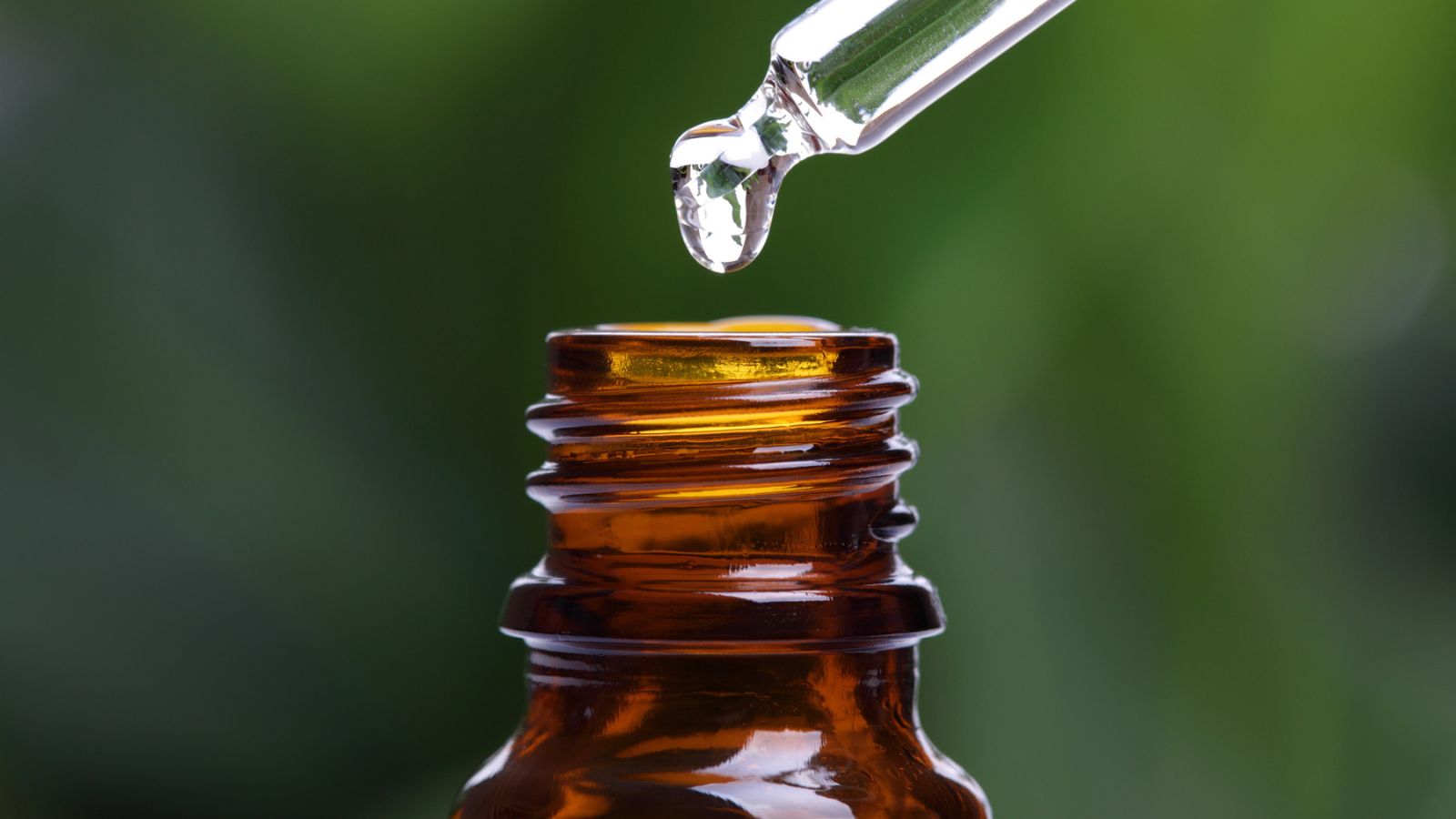







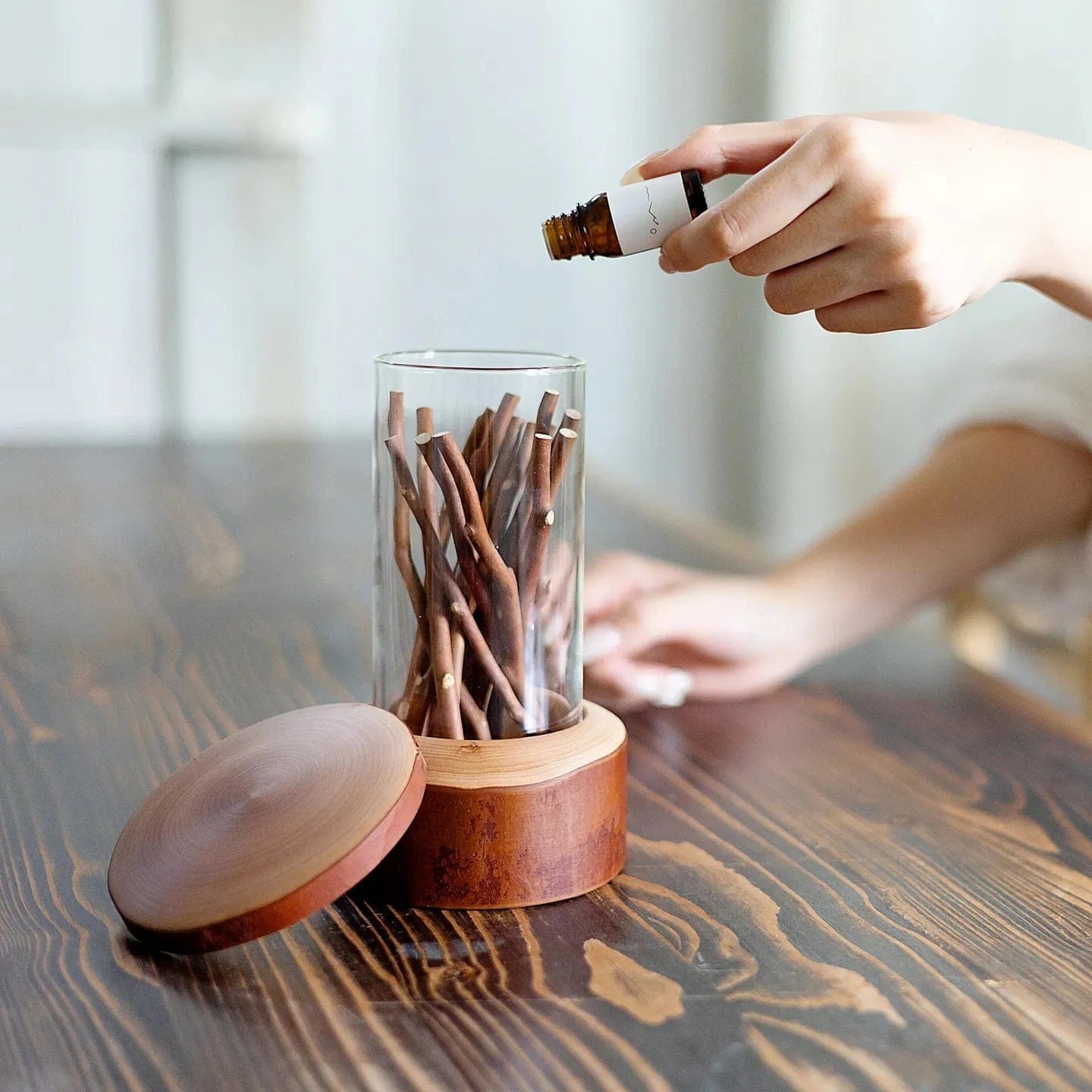
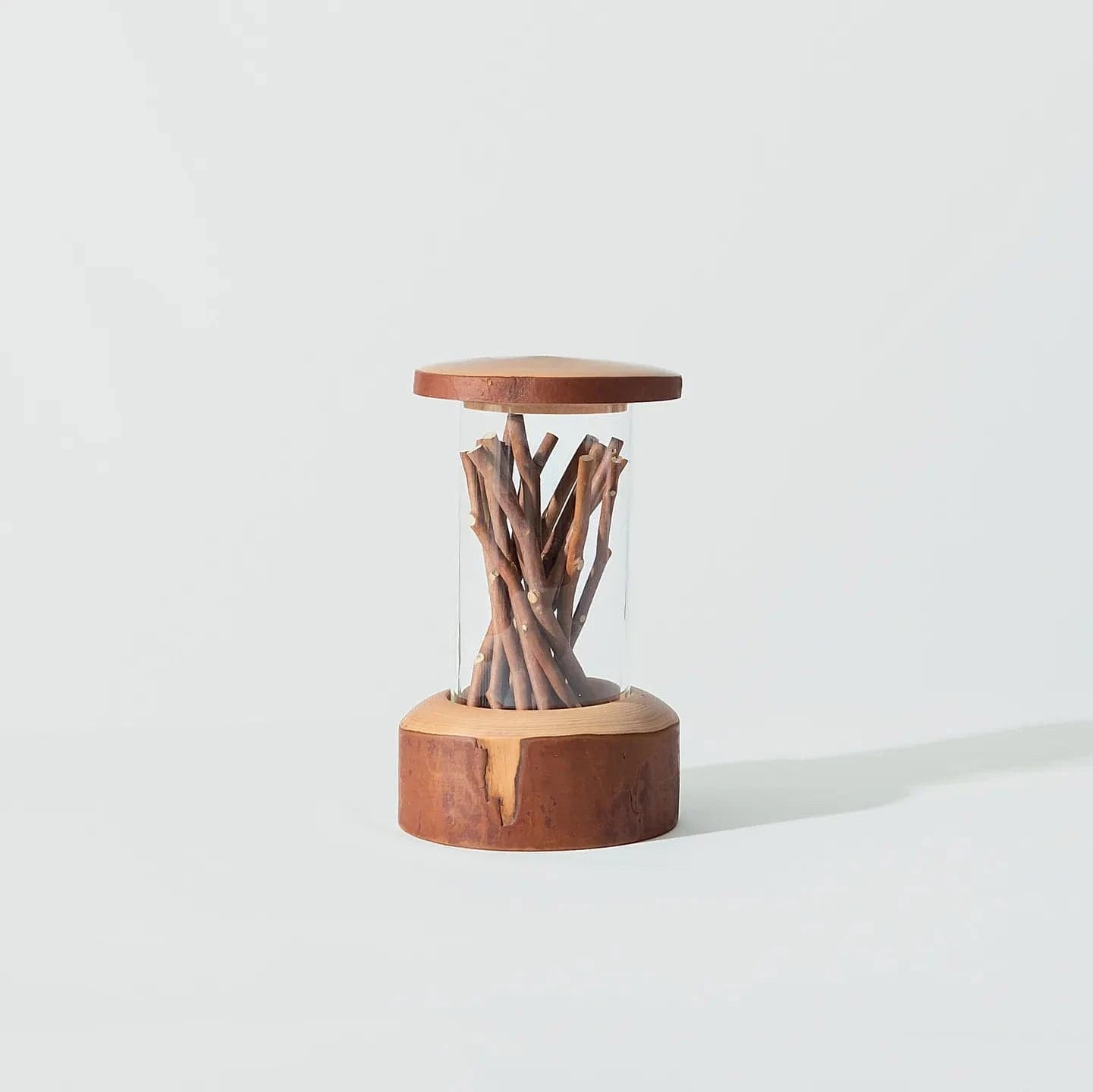
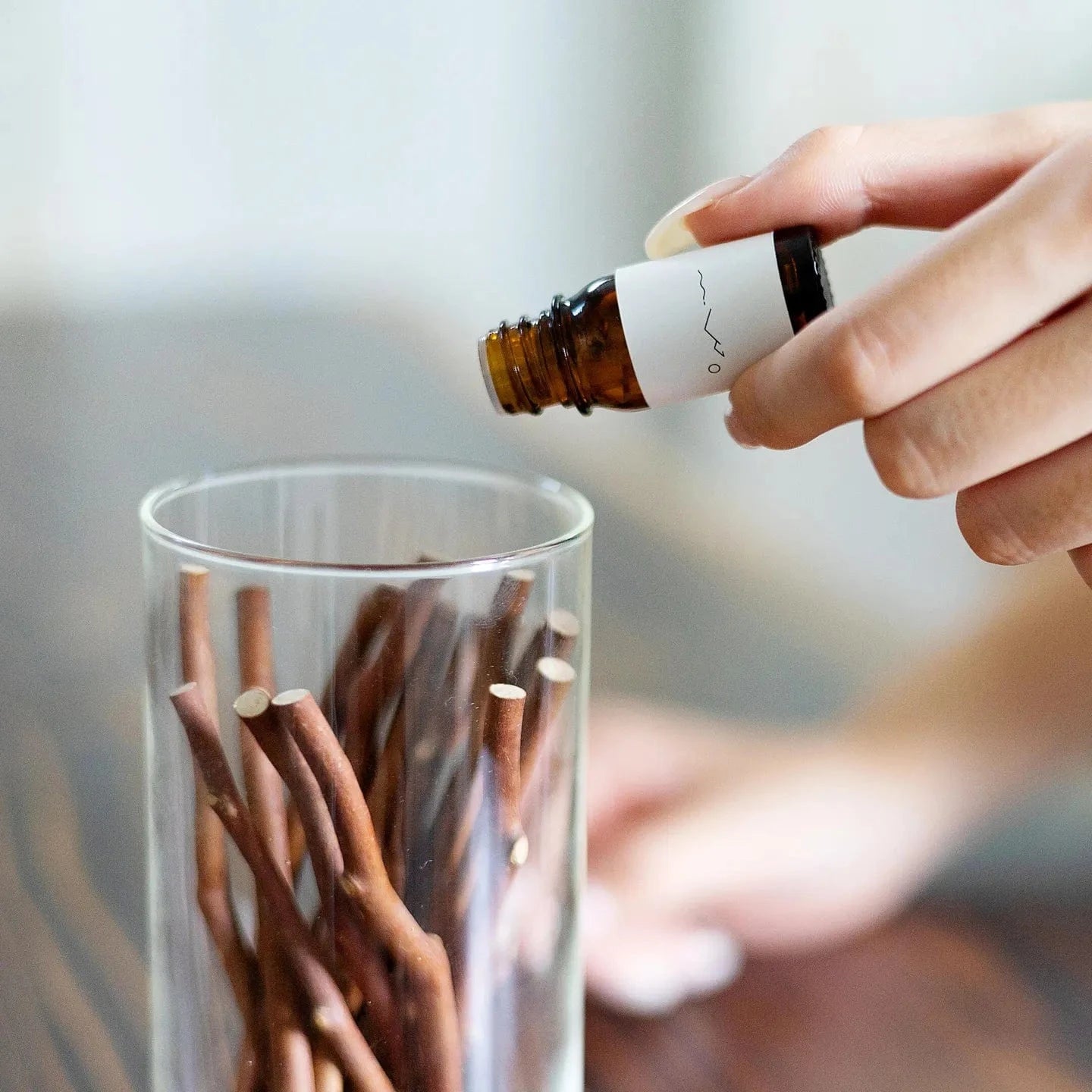
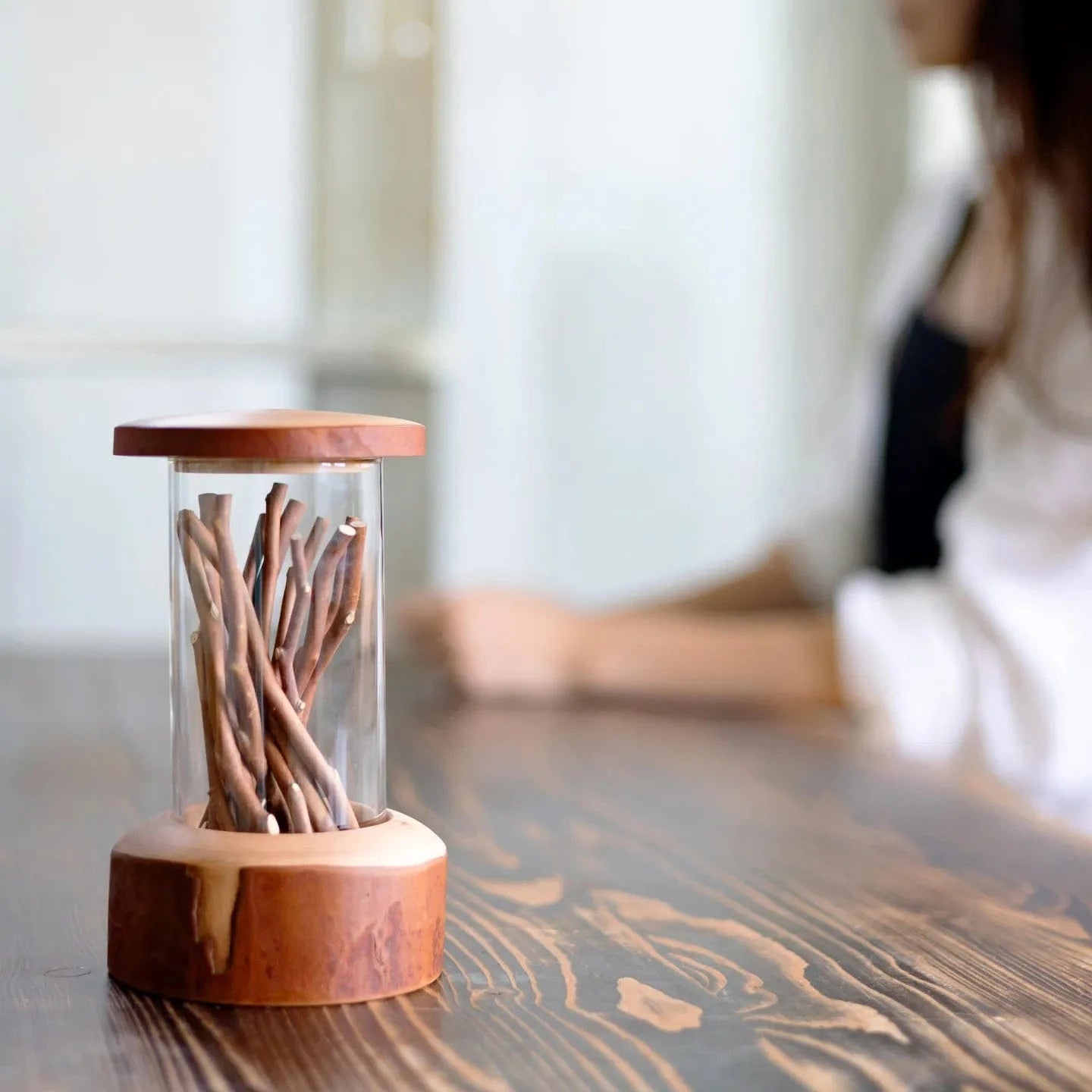



Share: